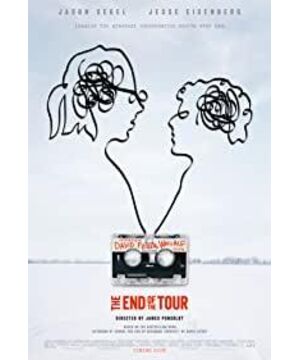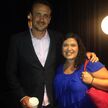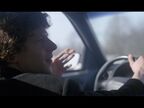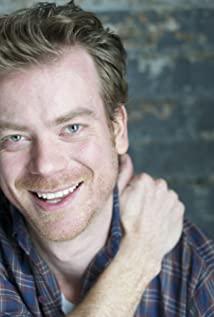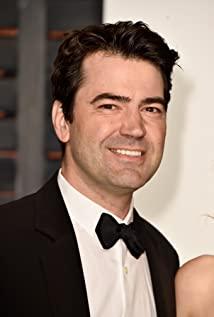When I think about the journey, I think back to his car, David and I sitting in the front row, we were both so young. He wants more than he has, and I want exactly what he has, and we don't know where our lives are going, it's like smelling chewing tobacco, soda, and The smell of cigarettes. Those conversations were the best conversations I've ever had. David believes that the existence of books makes people forget about loneliness. If I could, I would say to David that those days with him are not a relief from my life, but a reminder of what life should be like, and I will Tell him it made me feel less alone.
In Brave New World, alpha Helmholtz mocks Shakespeare as a "publicity wizard" because he is "excited by so many crazy and painful things." Taken out of context, this statement is unreasonable. Rather than being sarcastic, I'd like to believe it's a hymn to the writer.
Loneliness looms over David Wallace like a cloud of invisible smoke, an indelible background. Sometimes he will play tricks and mock his life, and sometimes he will be controlled by the writer's unique sensitivity and seem alienated. His reputation and the type of relationships it brings are not what you and I have had the chance to experience, but he is able to express the indescribable subtlety of it. He talks about the hypocrisy of human relationships after becoming famous, and the loneliness that no one can communicate with; he talks about the sensual pleasure provided by technology that will make people "die"; his excellence is destined to be incompatible with the "ordinary" he yearns for, "seeing through fantasy" and "" Unable to live” has constituted an unsolvable dilemma.
In the words of Brave New World, he was excited by too many unsolved and tangled things. However, Shakespeare's excitement is the throbbing fire in the hearth, Wallace's is red coals, bright and dark, breathing like life, calmly glowing red, not dazzling, but with The temperature that is enough to burn people is restrained anger.
There is a passage in my book that says that when a person jumps off a burning skyscraper, it doesn't mean they're no longer afraid of falling, it's just that the alternative is worse. It makes you think about what a situation is so bad that jumping into your death seems like a relief.
After the conflict broke out, the writer gave a monologue to reporters in the dark, and Lipsky shed a tear. At that time he was also the author of the book, but there were few readers. At first, he scoffed at the praise in Wallace's book review, and after reading his book, there was only one unwilling "Shit". He was full of ambition and quickly won the opportunity to interview. I think it was out of admiration on the one hand, and curiosity and envy caused by his peer status on the other hand.
He is the listener with the tape recorder. He smiled and nodded, his smile was short and cramped, not taking up too much time, but to leave more space for conversation. However, in the process of personal interviews, he also faced the questions that the writers threw at him, and his face outside the interviewer gradually revealed, which was a reverse disclosure. The hypocritical treatment between interviewers and interviewees has also become an issue. Is the sense of distance between people really inevitable?
The film is from Lipsky's point of view, it may be preconceived by his psychology. The brief time between the two of them did not give me a relaxed feeling. The dispute broke the string, and the confession in the night did not completely mend the string, but the tears were undoubtedly the manifestation of the tremor in the heart after being able to glimpse the depths of loneliness. Maybe they were in contact with each other in a clumsy way from the beginning to the end, just like the end, a little careless hug turned into a handshake embarrassment, but the sincerity of trying to understand is probably the dazzling aspect of a bleak life.
" Relatable " is one of my favorite words for throwing in a gag to quickly build a "know each other" connection. But life doesn't necessarily have that many moments of empathy. After I gave in to this idea, I cherished people's introspective words very much. It was in defense of myself, and I only spoke and listened to life.
PS. My favorite episode is the clip at the end where Lipsky, played by Huanxi, uses a tape recorder to record the scene at Wallace's house
View more about The End of the Tour reviews


